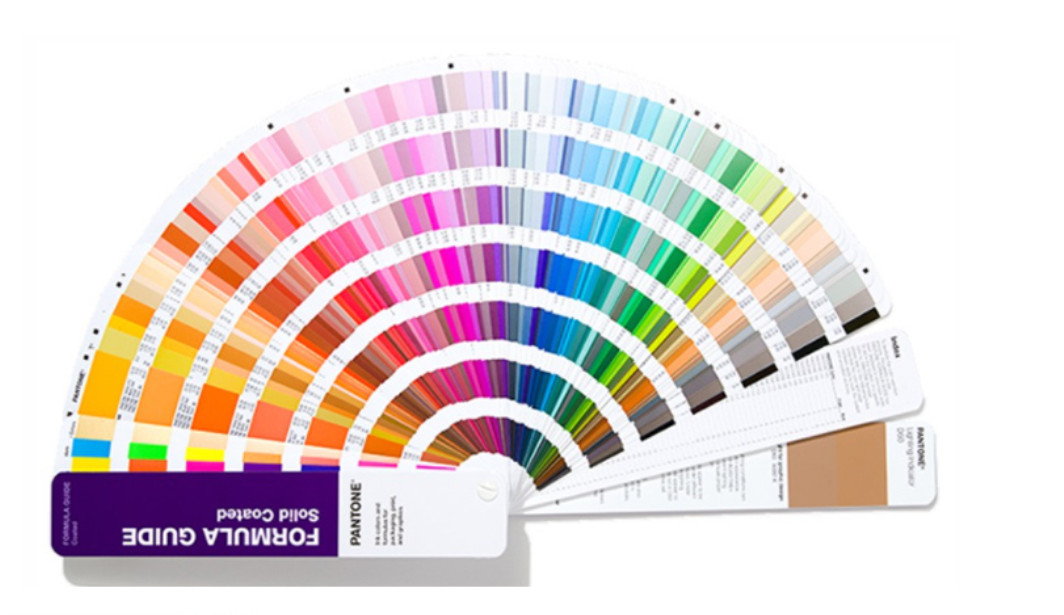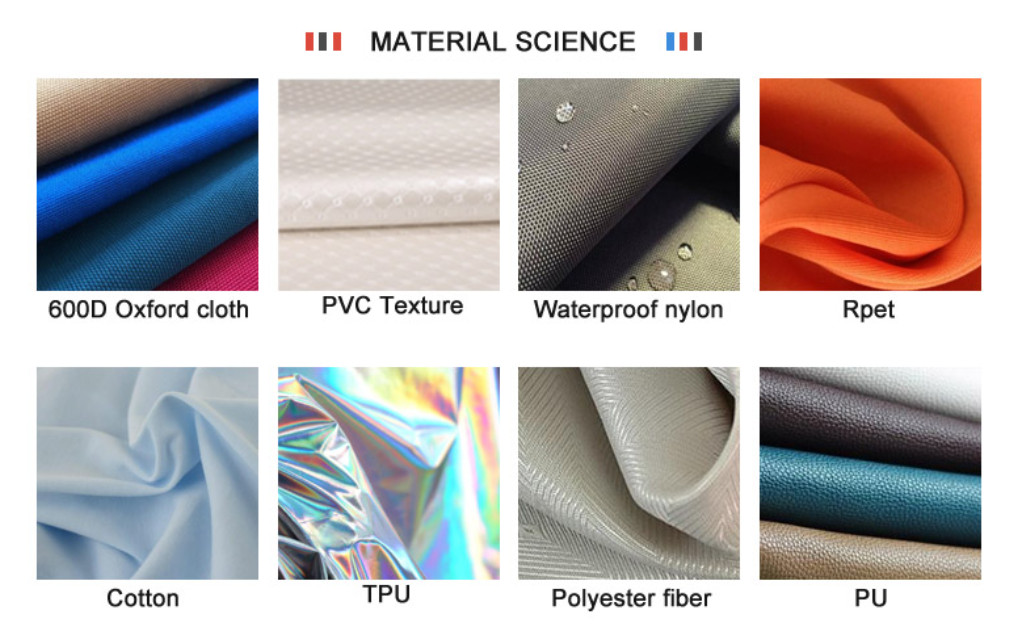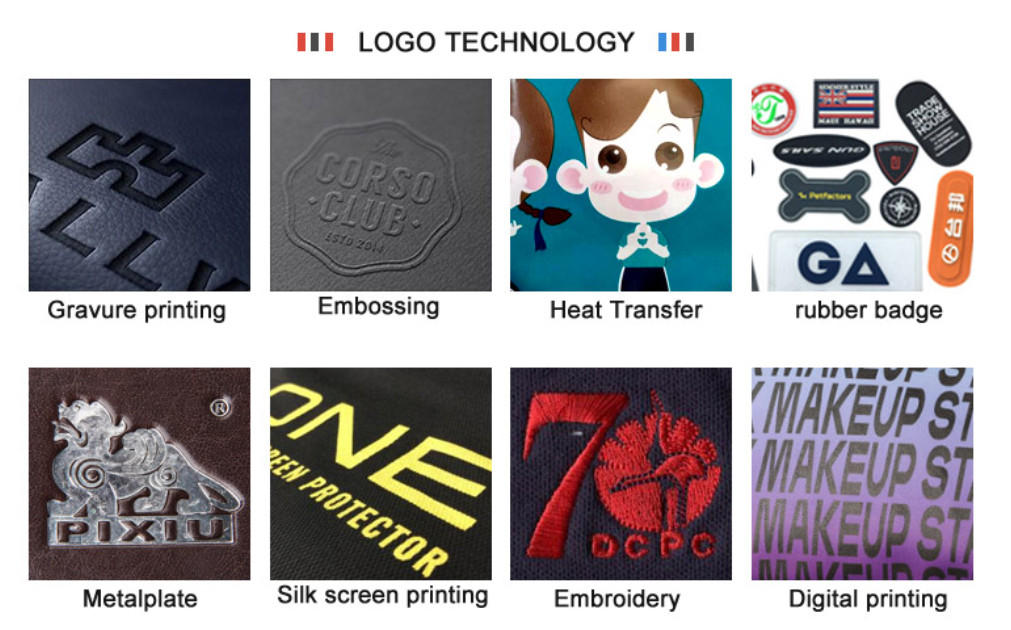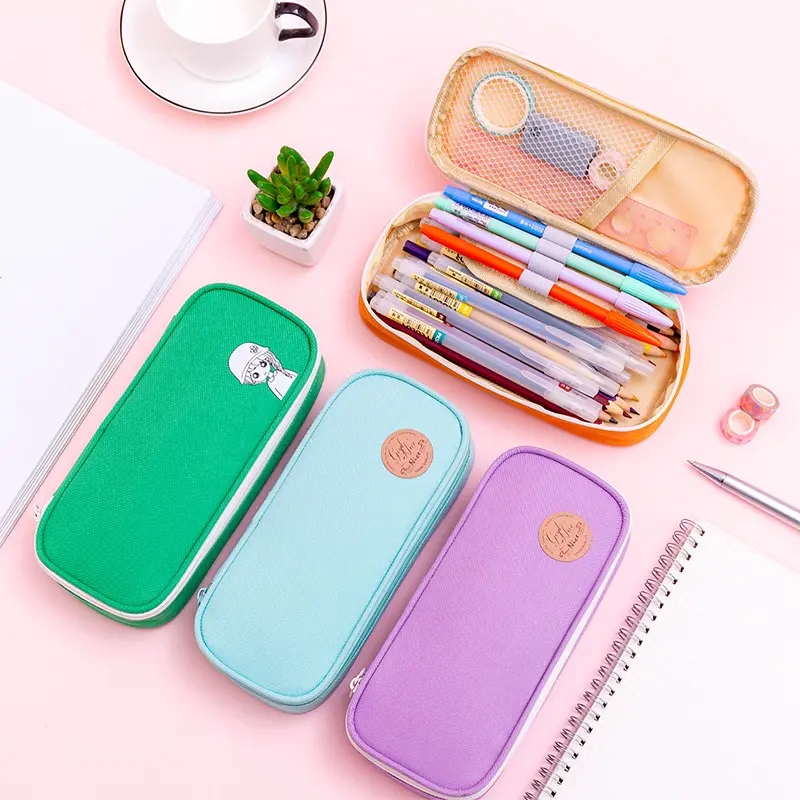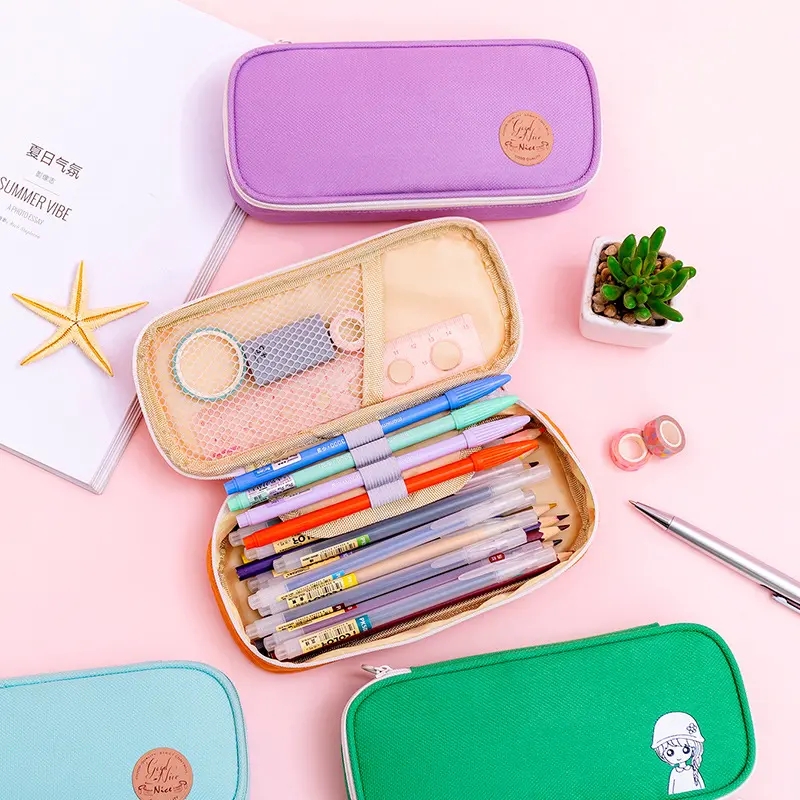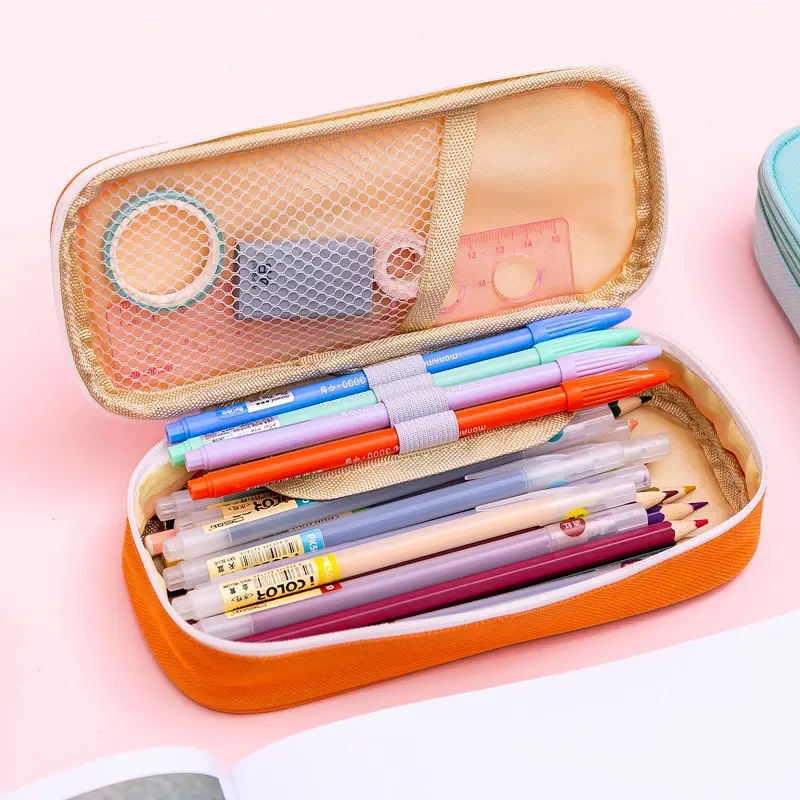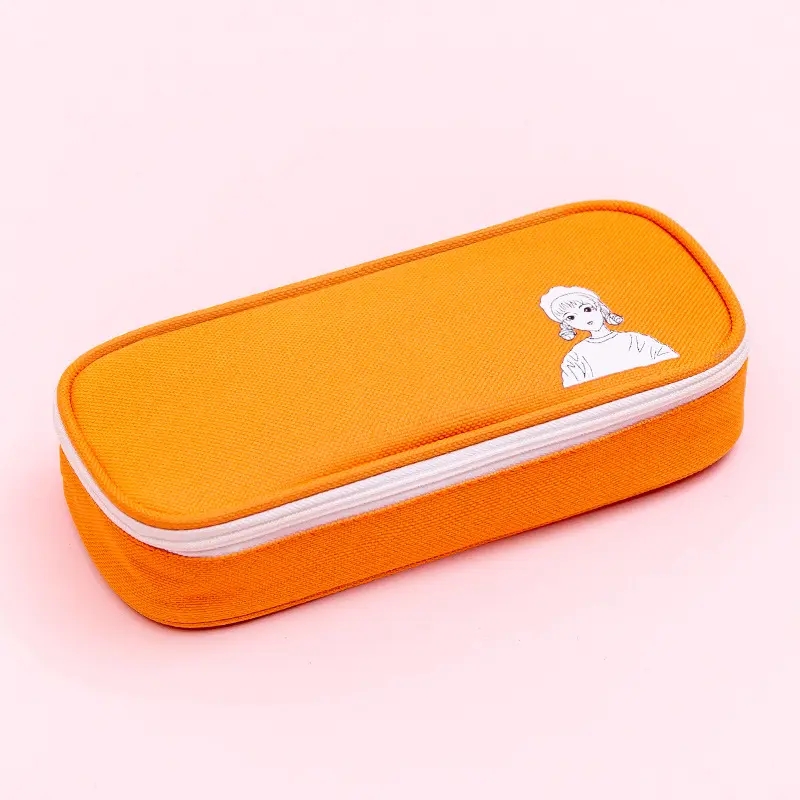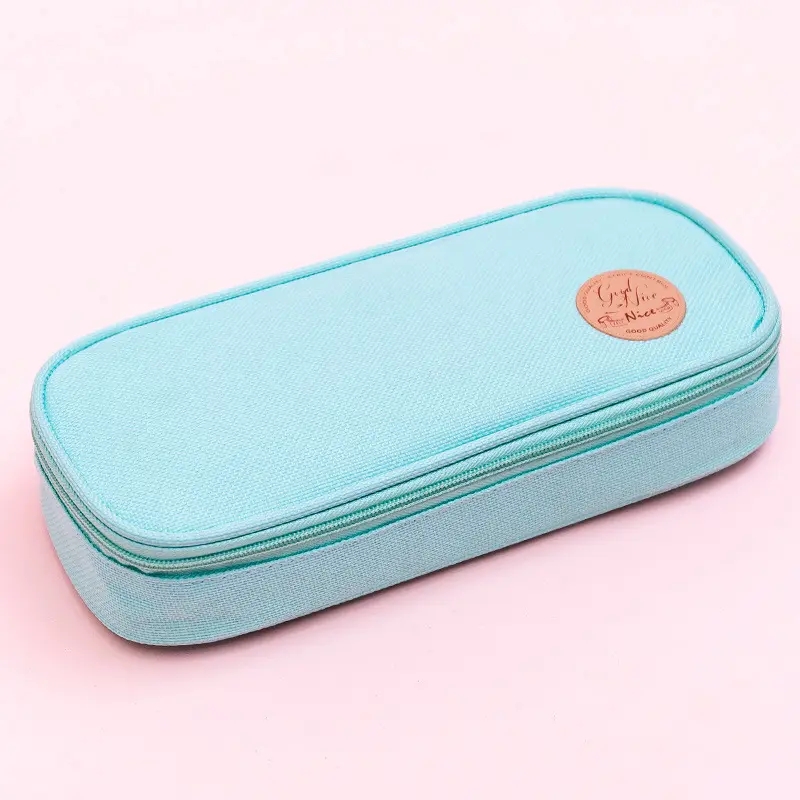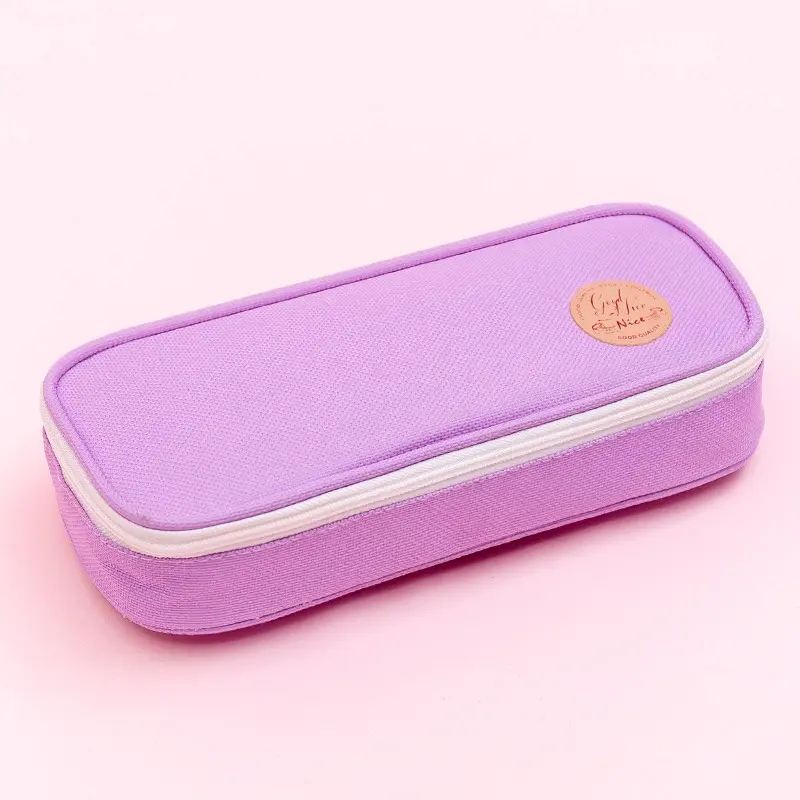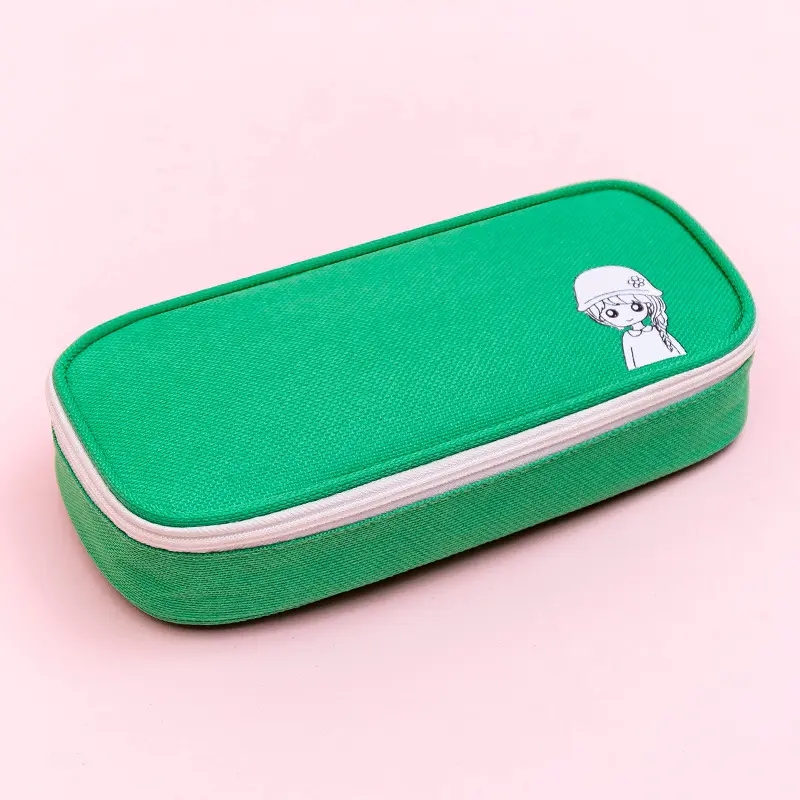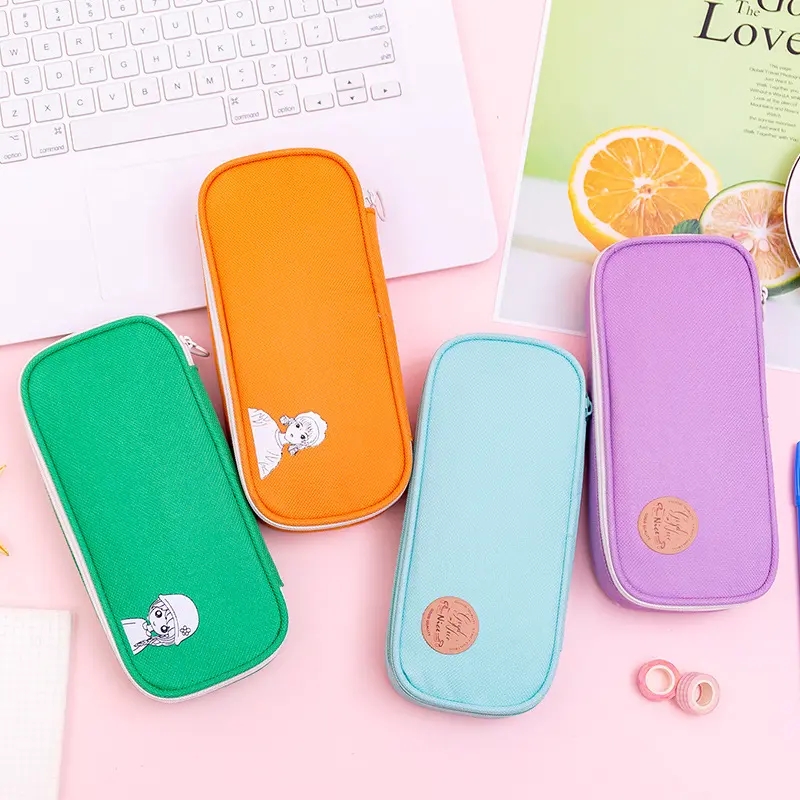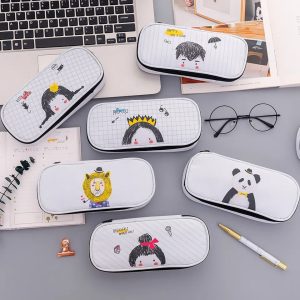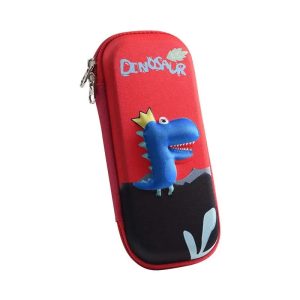A Comprehensive Guide to Pencil Cases: Organize Your Stationery in Style
Introduction:
Pencil cases are an essential tool for students, artists, and professionals alike. They help keep your writing instruments, art supplies, and other stationery organized and easily accessible. In this article, we will explore the world of pencil cases, discussing their various types, materials, and features to help you make an informed choice. Whether you’re a student heading back to school or an artist seeking to keep your tools in order, this guide has got you covered.
Types of Pencil Cases:
Zipper Pencil Cases: These are the most common and versatile pencil cases. They come in various sizes, from small pouches that can fit in a backpack to larger cases with multiple compartments for extensive collections.
Roll-up Pencil Cases: Perfect for artists who use a variety of drawing tools, roll-up cases allow you to organize and carry your pencils, brushes, and markers neatly. They are typically made of durable canvas or leather.
Hardshell Pencil Cases: Ideal for protecting fragile or expensive stationery items, hardshell cases provide a sturdy barrier against damage. They come in different shapes and sizes to accommodate various supplies.
Pen Pouches: Slim and compact, pen pouches are designed to hold a small number of writing instruments. They’re convenient for those who prefer to travel light.
Materials:
Pencil cases come in various materials, each with its own set of advantages:
Canvas: Canvas pencil cases are durable and lightweight, making them suitable for everyday use. They often feature attractive designs and are easy to clean.
Leather: Leather pencil cases exude sophistication and offer excellent protection for your stationery. They can withstand wear and tear, improving with age.
Plastic: Plastic pencil cases are budget-friendly and come in a wide range of colors and styles. They are easy to wipe clean and ideal for school use.
Fabric: Fabric cases are available in an array of patterns and designs, making them a popular choice for students. They are often made from materials like polyester or nylon.
Features to Consider:
When choosing a pencil case, keep these features in mind:
Compartments: Look for cases with multiple compartments or pockets to keep your items organized. Some cases even have specialized slots for specific tools.
Durability: Consider the longevity of the material and the quality of zippers or closures. A sturdy pencil case will protect your stationery for years to come.
Size: Choose a size that suits your needs. Smaller cases are portable, while larger ones can accommodate an extensive collection of supplies.
Portability: Check if the pencil case has a handle or a way to attach it to your bag. This ensures easy transportation.
Conclusion:
Pencil cases are more than just a practical accessory; they are an essential tool for anyone who values organization and creativity. Whether you prefer a classic leather case, a colorful fabric pouch, or a hardshell protector, there’s a pencil case to match your style and needs. By considering the type, material, and features that suit you best, you can keep your stationery in order and elevate your productivity and creativity.
